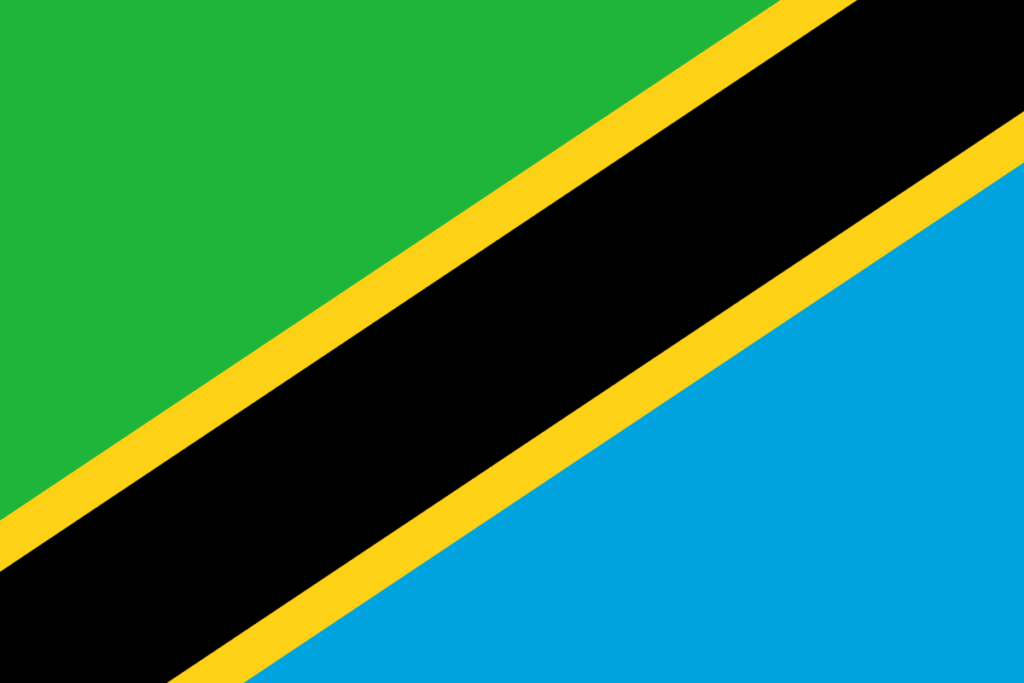When we speak of Pan-Africanism, few African leaders stand taller than Mwalimu Julius Kambarage Nyerere. As Tanzania’s founding president and a fierce advocate of African unity, Nyerere laid the foundation for a Pan-African vision rooted in dignity, equality, and shared progress. As a Tanzanian today, I strongly believe that if we had continued to deepen the ideals of Pan-Africanism that Nyerere championed, Tanzania would be far more developed, economically, politically, and socially than it is today.
Under Nyerere’s leadership, Tanzania was not just another post-colonial state chasing economic growth. It was a symbol of African self-reliance and moral leadership. Through Ujamaa (African socialism), Nyerere promoted rural development, communal ownership, and access to education. While some economic aspects of Ujamaa faced challenges, the spirit behind it was Pan-African at its core. It put people before profit, built from the grassroots, and forged unity across tribes and borders.
Nyerere didn’t only preach Pan-Africanism, he lived it. Tanzania became a haven for African liberation movements: the ANC (South Africa), FRELIMO (Mozambique), ZANU and ZAPU (Zimbabwe), and many others found support and refuge in our country. Tanzania was at the heart of continental solidarity. Compare this to today: our foreign policy has grown more transactional, often driven by foreign investment interests and global competition, not African unity or justice.
Economically, Tanzania today has seen growth, with roads, electricity, and industries expanding under successive governments. But how inclusive is this growth? In Nyerere’s Tanzania, emphasis was placed on equity, education, and rural access. Today, the gap between the urban elite and rural poor remains wide. A stronger Pan-African approach through regional integration, joint infrastructure projects, and shared industrial plans could have ensured not only faster growth, but fairer growth.
Furthermore, Pan-Africanism promotes cultural pride and African-led governance models. Tanzania once led in using Kiswahili as a unifying national and regional language. It helped shape the East African identity. But globalization has slowly chipped away at that cultural leadership. Instead of exporting our values, we now import systems that don’t always fit our context – from neoliberal economic models to Western-style democracy that ignores African traditions of consensus and community.
Politically, today’s Tanzania is more stable than many African nations, but the space for civic freedoms has sometimes shrunk. Nyerere encouraged criticism and debate, famously stepping down peacefully in 1985, setting an example rarely followed on the continent. A true Pan-African path would renew that commitment to participatory governance, human dignity, and leadership as service, not power.
Imagine a Tanzania that stuck firmly to Nyerere’s ideals, but modernized them: leading East African economic integration, championing green industrialization, exporting Kiswahili-based media, and pushing for a stronger African Union. That Tanzania is possible but only if we reclaim the Pan-African spirit of unity, dignity, and homegrown development.
Pan-Africanism is not a memory; it is a mission. As Tanzanians, we owe it to Nyerere and ourselves to carry that torch forward.
Africa’s future depends on Africans. Let us rise together.
By Juma Mwamba


